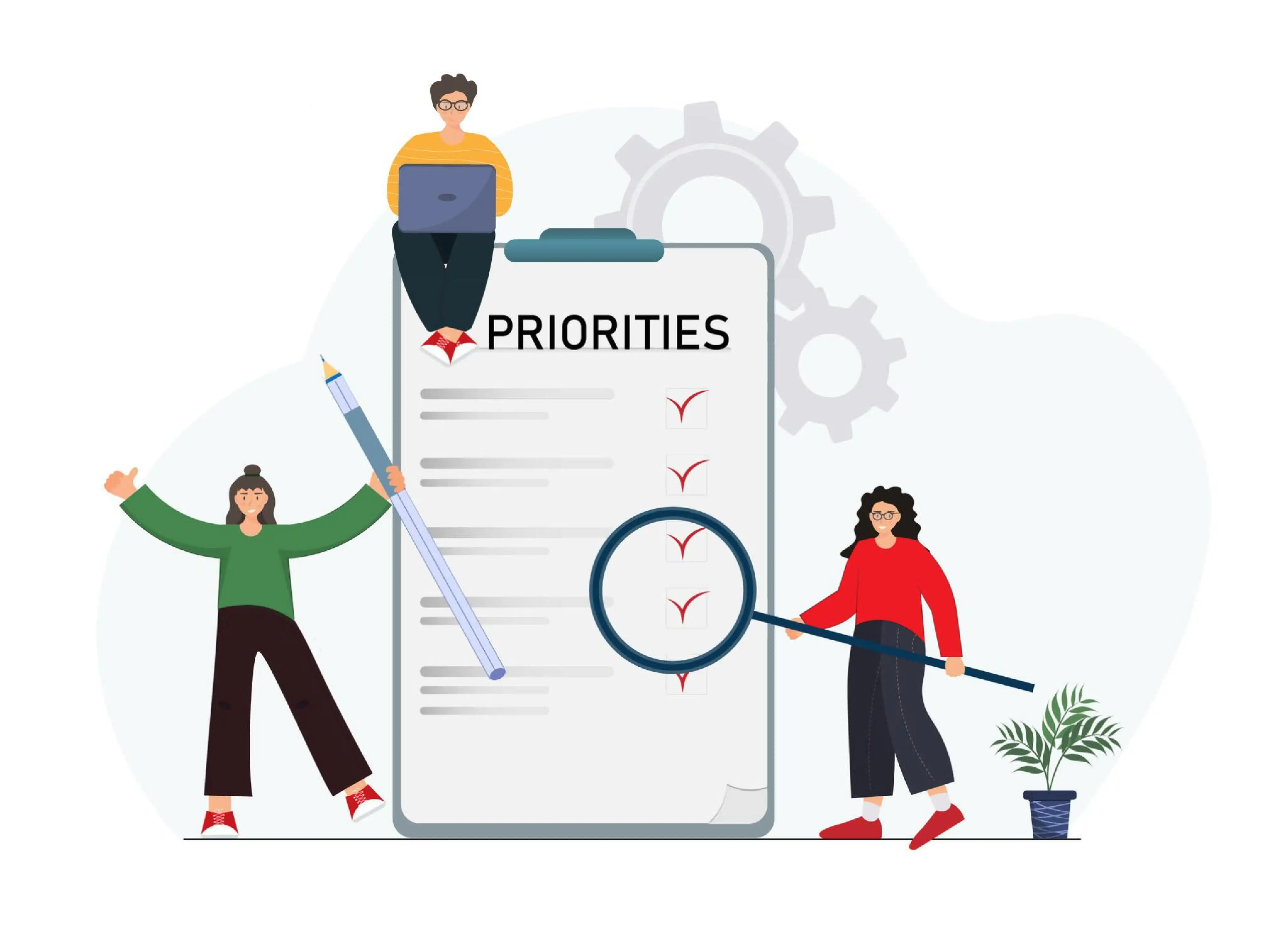Tips for Problem-solving in dorms or off -campus housing
Living in dorms or off-campus housing is a hallmark of the college experience, offering independence, camaraderie, and a taste of adulthood. However, communal living can also present its share of challenges, from interpersonal conflicts to logistical hurdles. The ability to navigate and resolve these issues is a crucial skill set for a harmonious and fulfilling living experience. Here are comprehensive tips and strategies to address common problems in shared accommodations.
1. Open communication Channels:
Effective communication is the bedrock of resolving conflicts. Establish regular house meetings or use digital platforms for open discussions, ensuring everyone feels heard and involved in decision-making.

2. Set Clear Expectations and Boundaries:
Establishing ground rules early on is essential. Discuss and agree upon guidelines regarding noise levels, cleanliness, guests, and shared spaces. Clarity in expectations minimizes misunderstandings.
3. Address Issues Proactively:
Tackle problems as they arise rather than letting them fester. Approach conflicts with a problem-solving mindset, aiming for collaborative solutions that benefit everyone involved.
4. Practice Empathy and Active Listening:
When conflicts arise, listen actively and empathetically. Understanding different perspectives can lead to more effective and empathetic resolutions.
5. Utilize Conflict Resolution Techniques:
Learn negotiation and compromise techniques. Finding common ground through these methods often results in mutually acceptable solutions.
6. Seek Mediation or Third-Party Help:
If conflicts persist, consider involving a neutral third party, like a resident advisor or mediator. Their unbiased perspective can facilitate constructive discussions.
7. Equitably Distribute Responsibilities:
Create a system for sharing household tasks fairly. Clearly define roles and duties to minimize misunderstandings and foster a sense of fairness among roommates.
8. Transparent Financial Management:
For off-campus living, establish transparent financial arrangements. Develop a budget and outline responsibilities for bills and expenses to avoid financial disputes.
9. Leverage Support Systems:
Consult resident advisors or landlords for guidance when necessary. They often have experience in handling housing-related issues and can provide valuable insights or mediation.
10. Foster a Positive Living Environment:
Promote a positive atmosphere by embracing diversity and supporting each other. Encourage an open-minded approach and celebrate differences within the living space.
11. Document and Keep Records:
Maintain records of agreements or incidents. Documentation serves as a reference point for resolving recurring issues or involving authorities if needed.
12. Proactive Approach to Maintenance:
Report maintenance issues promptly to relevant authorities or landlords. Prioritize safety and ensure a habitable environment for all residents.
13. Prioritize Personal Well-being:
Amidst conflicts, prioritize self-care. Develop coping mechanisms and conflict management skills to manage stress without compromising mental and emotional health.

14. Recognize the Need for Professional Help:
Acknowledge when issues surpass personal resolution. Seeking professional mediation, counselling, or involving authorities might be necessary for severe or persistent problems.
Conclusion:
Successfully navigating the challenges of shared living spaces requires a blend of communication, empathy, and proactive problem-solving skills. By implementing these strategies, residents can create an environment conducive to personal growth and academic success. Remember, effective problem-solving isn't just about fixing issues; it's about fostering relationships and building a sense of community. With patience, understanding, and a collaborative spirit, overcoming the hurdles of communal living can lead to a rewarding and enriching college experience.
















